Banjul is not too far from Dakar (around 240 km) but it takes a few hops (6 hour taxi to Karanga, 2 km motorcycle ride from Karanga Gare to the border post, 22 km taxi ride from the Gambian border post to the Barra Ferry terminal, a short crossing of The Gambia river to Banjul ferry terminal) to cover this distance using up the whole day. The scene at Dakar's Gare Routiere was chaotic and competitive (unlike in Saint-Louis where a central controller seemed to be in charge of assigning Sept Place taxis to customers). We wanted to ensure that we did not get third row seats. In fact, we wished for the single seat next to the driver and one right behind in the middle row. We had to settle for two middle row seats (or wait for another taxi to fill up).
The six hour ride was boring and tedious. The Dakar suburbs of Rufisque and Pikine proved to be as painful in the outward direction as it was on the way in. The stretch past the half-way mark where the route veers of the main highway and heads south west towards the Karanga border was full of potholes and the driver preferred to drive on the dirt by the side of the road. To our relief, the taxi took us right to the border thereby sparing us the short motorcycle taxi ride from the Karanga Gare Routiere. The border looked like a bazaar with hardly any sign of gates, walkways and large trucks which usually mark most land border crossings. Taxis from either country are not allowed to operate in the other. A single building on either side oversees both exit and entry procedures for both countries. After making us wait a quarter hour so he could finish his lunch, the Senegalese official asked us if we were going to Dakar! Good thing we told him we were headed the other way to The Gambia, he could have stamped us back into Senegal!
Shops and street vendors line the border crossing as one country segues into another with no clear barrier. If we had wanted, we could have easily walked across without getting stamped in either office. Instead of officials who check your passports, you get hassled by touts wanting to change your money or take you to Dakar or Barra. If we were not careful, we could have been bundled into a Sept Place all the way back to Dakar! Concentrating hard is the need for the hour and we came across (literally) admirably with our goal of entering The Gambia. We were interviewed by the Gambian official in his office and it was a welcome change to be able to speak in English after traveling through Francophone West Africa. The interview was as pleasant as the one we had with their Ambassador to Mauritania in Nouakchott.
With the help of a Gambian woman who had traveled with us on the Sept Place from Dakar (she waited outside while our immigration procedure was going on inside) helped us change a little CFA into Dalasi at the right place. For this service, she earned the ire of the touts on both sides of the border who felt robbed of their business. She also helped bargain with the shared taxi driver for the half hour ride to the Barra river front and then the ferry across to Banjul. The ferry crawled from Barra to Banjul in 90 minutes. This was clearly the longest time we have ever taken to get to a place which was visible to us from the starting point. We just made it to our hotel before sunset. The few restaurants that were open had no vegetarian fare (even the ones who had it on their menus). We were saved from a full day of starvation (unless you count the biscuits and oranges we had enroute) by an enterprising waiter who got us customized vegetarian fried rice.
The Gambia is Africa's tiniest nation. It is 300 km long and averages approximately 35 kms in width. It is almost entirely surrounded by Senegal except for its short Atlantic Ocean coastline. Even this tiny strip of land is occupied mostly by the river that runs through it. There are no bridges across the river and one can only cross by ferry. Despite its small size, it could take 12 hours by road from one end to the other due to the state of the roads.
A 10km stretch of Atlantic coast is the heart of Gambia's tourist industry. The coastline is home to a string of beach resorts and we saw several groups of European package tourists headed for fun under the sun. Fewer visitors venture to the interior to the "faux" historic sites. Apparently, the buildings that claim to be historic sites where slave trade took place were constructed well after the practice was abolished.
The capital city, Banjul is on a small peninsula near the wide mouth of the river and one of the sleepiest we have ever been to (Vientiane would take some beating for its sleepiness). The main thoroughfare is between the July 22 square (adjacent to a former cricket ground!) and Arch 22 (built to commemorate the bloodless coup that brought the current President to power in 1994). A busy market (Albert's) and a handful of restaurants are all that would be of interest to the visitor. We only needed a couple of hours to tour the capital. The guidebooks mentioned that it is a great place to ship stuff home but we were not impressed with the price per kg quoted in the post office. But we had an interesting time in the dusty office above (which needed us to go around the building and enter through a gate to a mosque!) which served as the philately counter. The Gambia is one of those nations which gets significant revenue through philately. We were amused to see an entire series of stamps on US First Ladies (including Michelle Obama), the comic strip Blondie, the poet Schiller and Native American Chiefs.
We also stayed at Fajara, one of several beach towns in Western Gambia. Beaches do not hold much interest for either of us but we do visit them to experience the atmosphere. We saw that foreigners are constantly pressured to buy things. There was an older couple who were warned by a local man about "bumsters" on the beach and offered his services as companion. We were not sure what to make of it. The guidebooks warn about the "bumsters", but more as an annoyance for single women travelers rather than any real threat. After a 15 minute walk on the beach, our curiosity was well sated and we quickly headed elsewhere (where else?).
The Gambia is not all sleepy towns and beaches. The largest city, Serekunda is the main transport hub of Western Gambia. Run down minivans (variously termed "buses", "cars" etc. by the locals) connect Serekunda to all points in the region and looks its part. At a particular transfer point known as Westfield, we saw a big rally in favor of the current president (HRH Al Haji Sheikh Professor Hammeh). Giant posters show him (notably more rotund than in pictures of him when he took power barely in his twenties) being adored by Gambian women, particularly in the context of them voting for him in a recent election. Going by the green T-shirts (with messages of support for the president) worn by the mostly young attendees, this was obviously a spontaneous gesture of support by (The?) Gambians.
The pace of life in The Gambia seemed much more relaxed compared to Senegal. Fewer people mentioned petty crime as a factor compared to how often it comes up in conversations about Senegal. We do not have a significant sample size to compare the two countries, but V's wallet was stolen at the Banjul Ferry Terminal, making the score one-all. As in the Senegal case, it was a momentary lapse in concentration. V should have taken petty cash out of his wallet in the taxi and put the wallet back in his bag as he had been doing all week. Instead, he pulled his wallet out in the ticket queue to take cash out and forgetfully put it in his pocket. We were both distracted by a woman who got between the two of us. V had to squeeze past her to rejoin M in the queue. He then remembered that he had carelessly put his wallet in his pocket and reached for it to restore it to its secure position. Too late. On hearing his shouts, someone around added (deliberately?) to the confusion by pointing to someone else who was walking away from the queue as a possible culprit. We chased him down to the exit gate of the ferry terminal. But he claimed to have nothing to do with it and sped off. On hearing the commotion, policemen came to us within seconds and took down the details and registered a case. They were very concerned that The Gambia's reputation would be ruined if such incidents get reported abroad. V assured them that this could have happened anywhere and it was his responsibility to take precautions. However, it is undeniable that any lapse in concentration "will" (not may) result in the theft of your property in this region. To give credit where it is due, the policemen were extremely helpful and even got us the ferry tickets for which he had taken cash out in the first place. A small gesture, but saved us the trouble of standing in the same queue just after losing one's wallet there. And, oh, the wallet only contained spending money for a couple of days, a few bank cards and a California Drivers License. The first is nothing to moan about, the second just took a few phone calls to fix and the third will only require standing in another queue back home (pickpockets are not common in California DMV queues). So, this is more the narration of an experience rather than an attempt to get your sympathy :-) BTW, they robbed the wrong person, M holds the treasury on this trip!
Google Maps Link
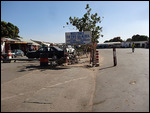
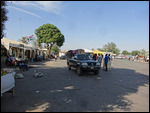
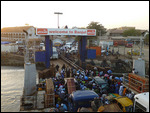
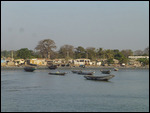
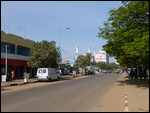
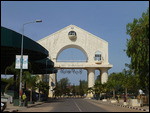
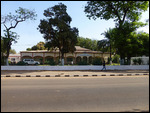
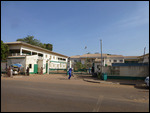
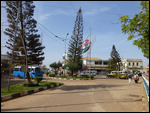
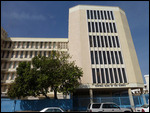

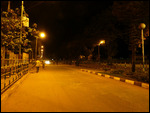
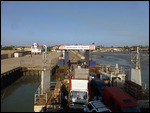
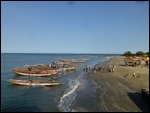

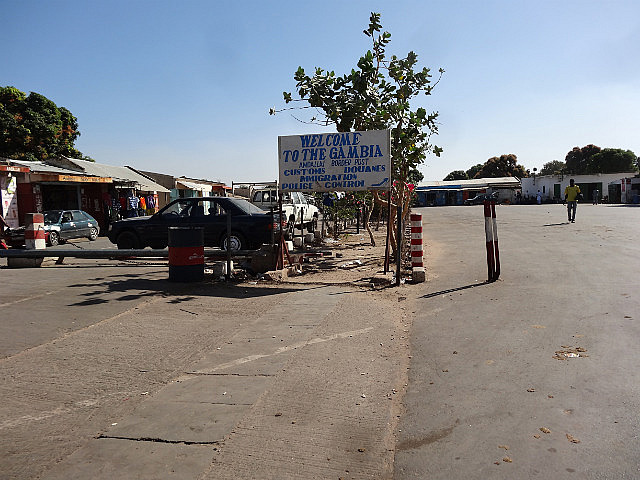
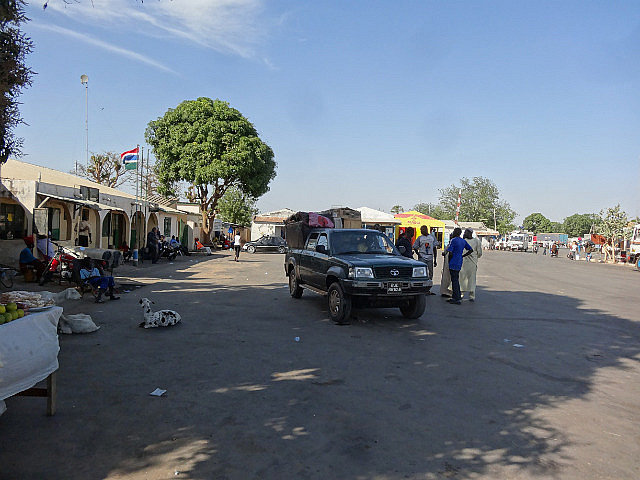
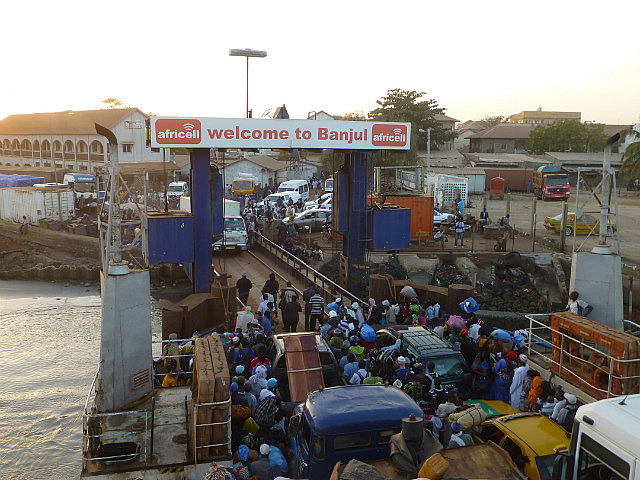
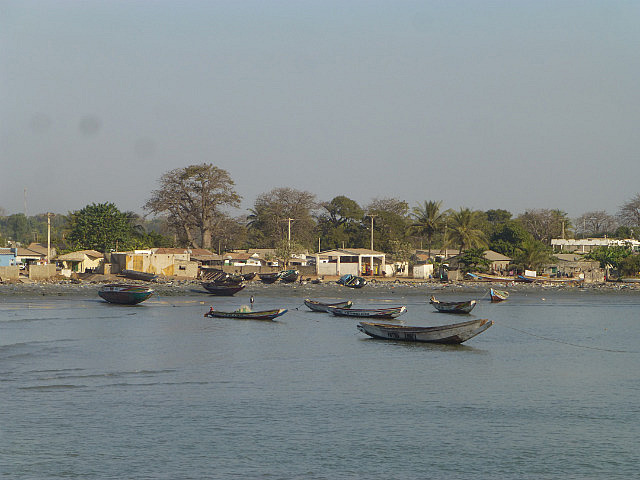
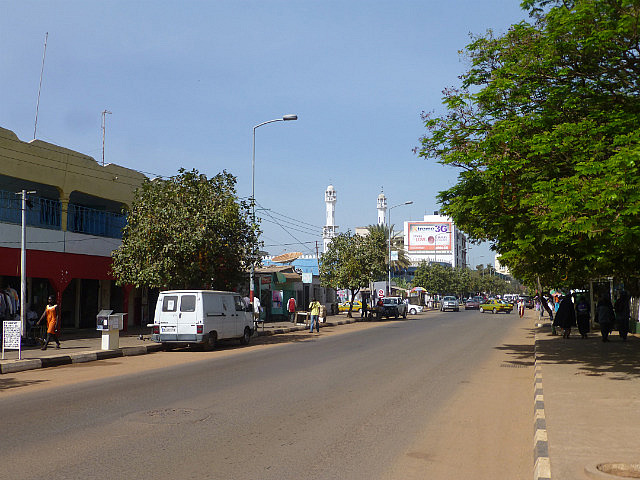
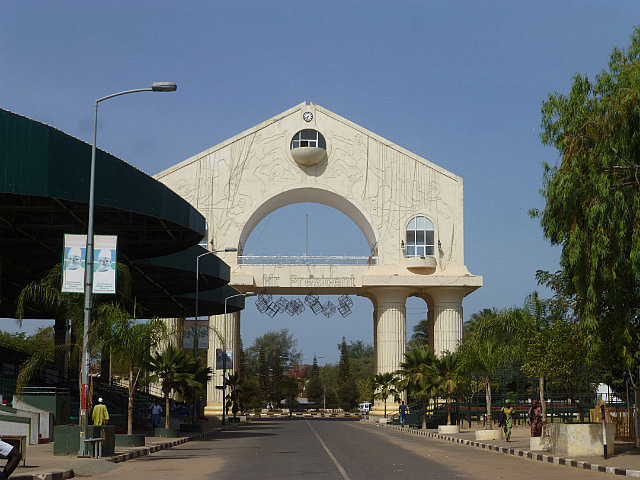
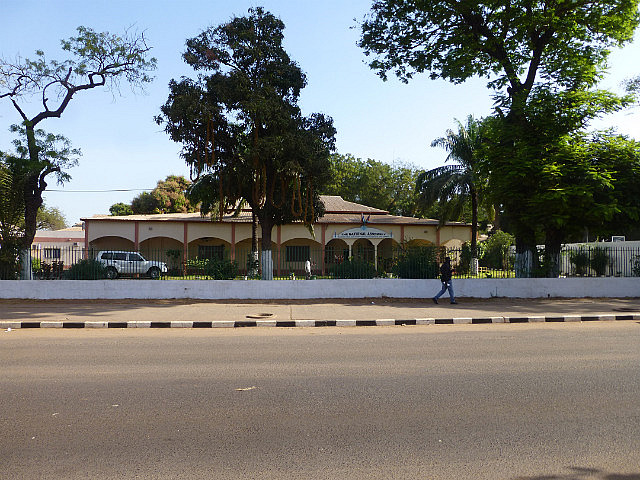
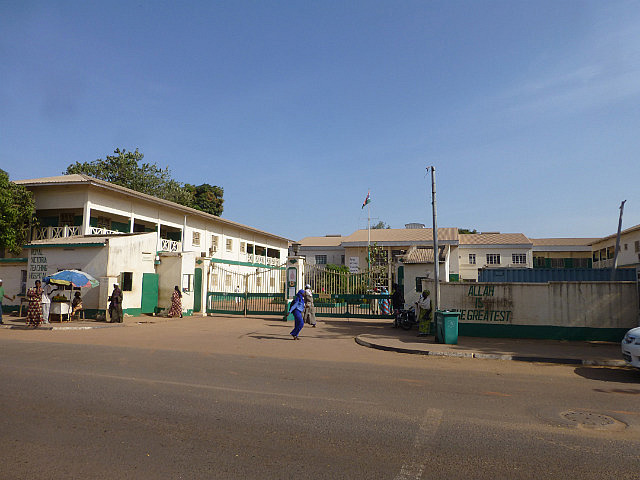
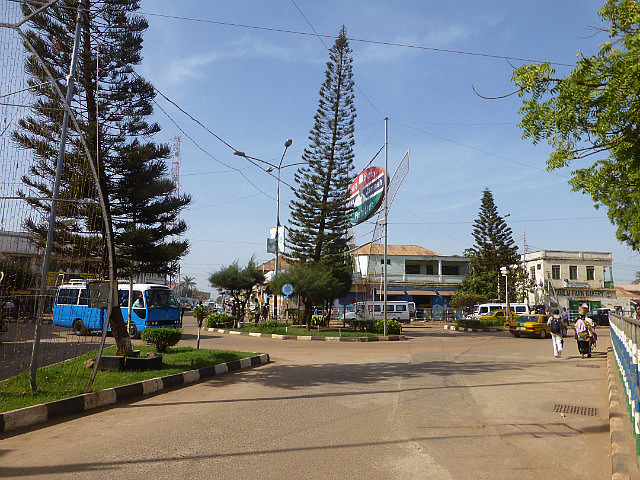
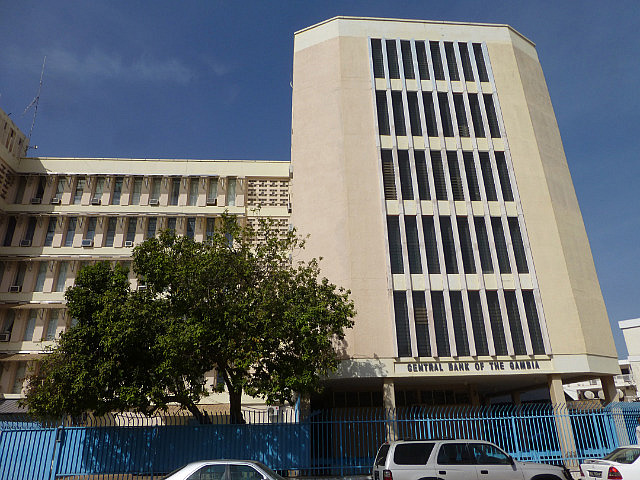
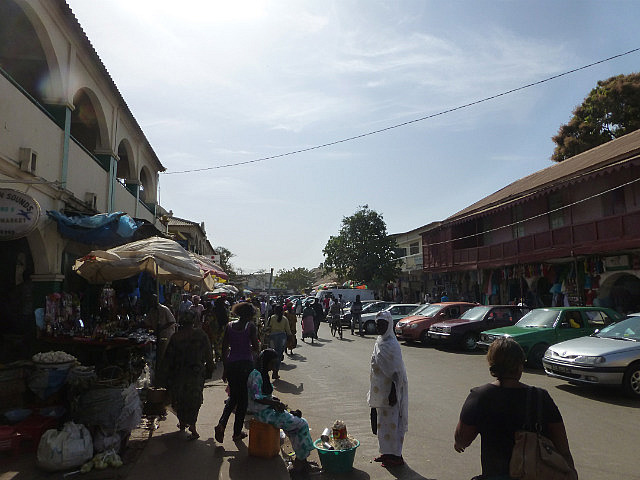
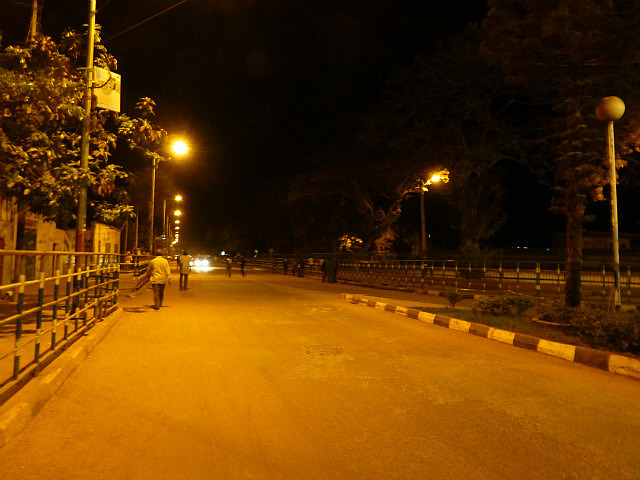

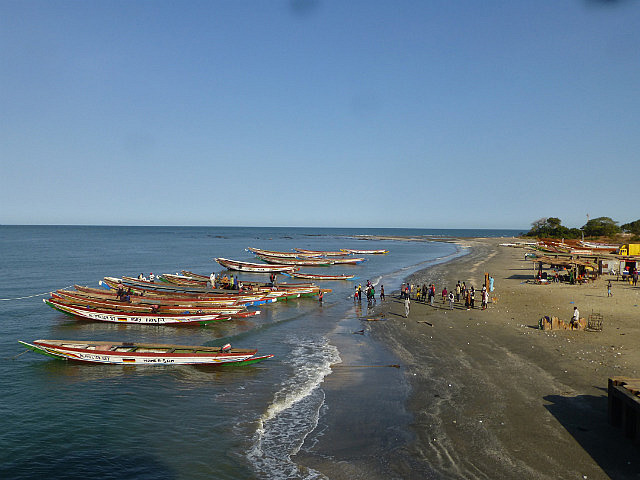

Comments